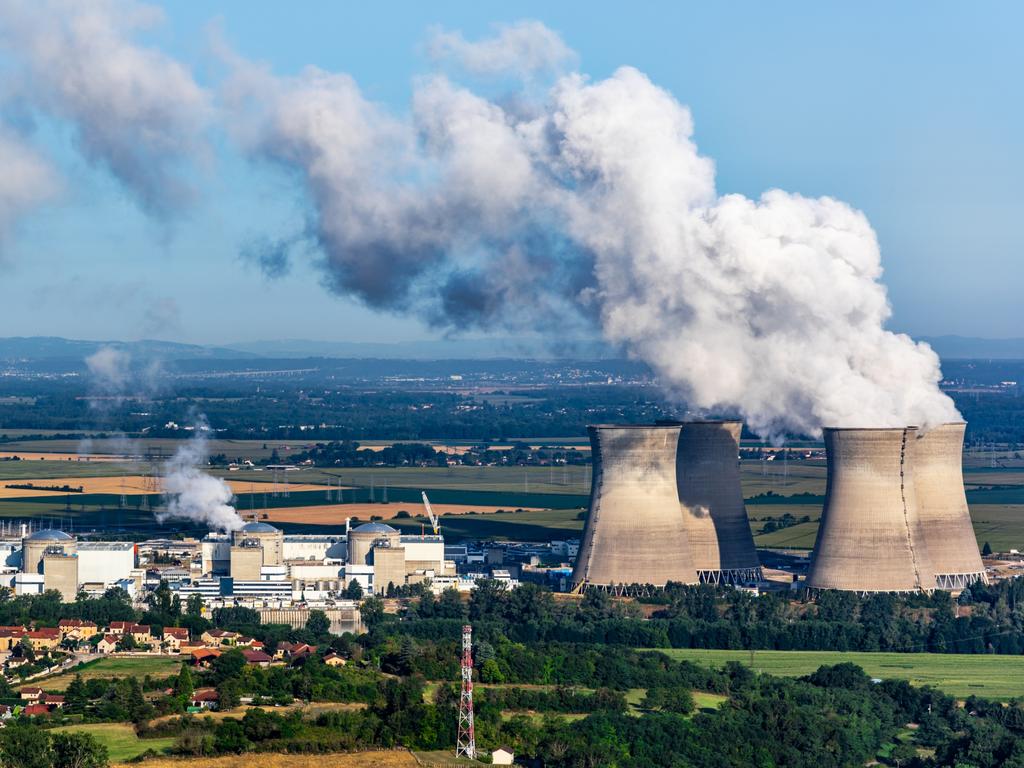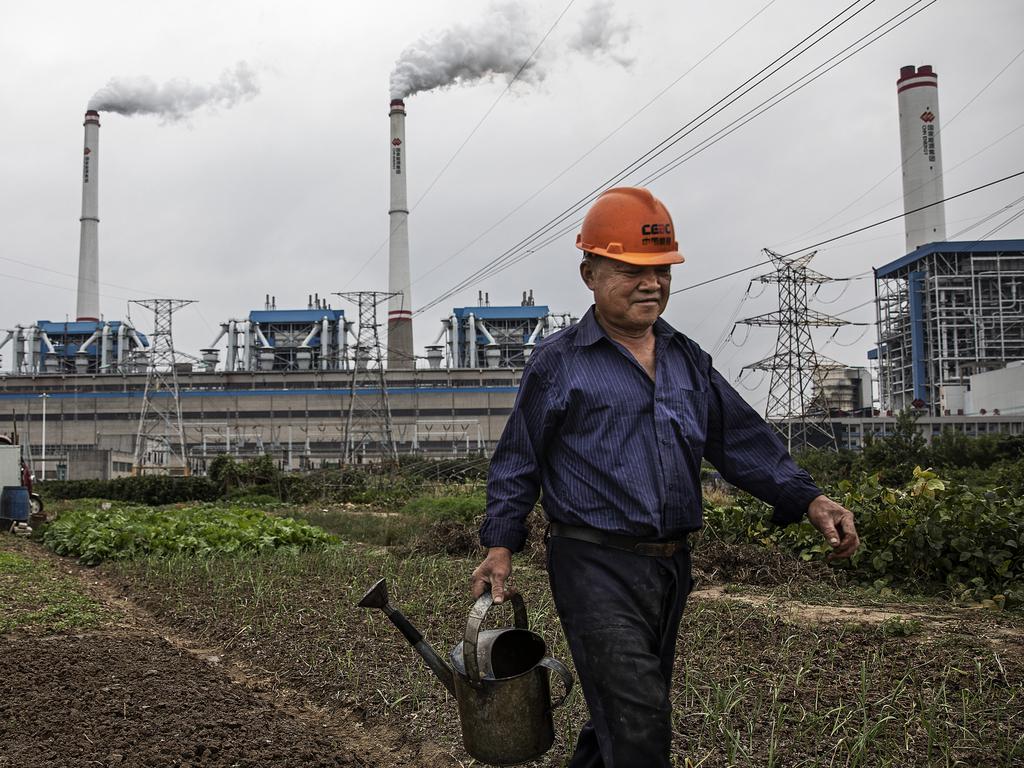Can the Glasgow climate summit succeed if Xi Jinping stays home?

President Xi Jinping is expected to stay in Beijing for the Cop26 summit. His absence might prove crucial. The last major UN climate conference, in Paris in 2015, succeeded largely because China and America agreed targets in advance. The last big failure, in Copenhagen in 2009, is still blamed on China’s hesitation to reach a deal.
China is by far the world’s biggest producer of greenhouse gas, accounting for 28 per cent of global emissions, compared with about 15 per cent for the US and 1 per cent for the UK. “China matters more than anybody else in this space,” says Pete Betts, a former UK climate negotiator who was instrumental in drawing up the Paris climate accord six years ago. “And it is doubly important because while other countries’ emissions are coming down, China’s are still going up.”
Without China’s co-operation, scientists believe that limiting global warming to 1.5C – the point beyond which climate change is thought to become increasingly dangerous – is extremely unlikely.
Yet China is a country of contradictions. While coal, the dirtiest form of energy generation, provides 70 per cent of its electricity, China was one of the first nations to see the potential of renewables and has invested billions in hydro-electric, wind and solar. It has a third of the world’s photovoltaic capacity and half the world’s electric vehicles. The wind turbines it built last year alone would be sufficient to power every home in the UK three times over. In July it started building one of the world’s first major carbon capture and storage plants, which it says will be a key part of the country’s route to a decarbonised future.
China’s politicians take climate change seriously – partly because of growing unease about air pollution in its cities but also because of its population’s vulnerability to floods, droughts and extreme weather. The country recently agreed to stop funding overseas coal – a key ask of the Cop26 summit.
It is also worth acknowledging that while its national emissions dwarf those of other countries, when ranked per capita China falls to 42nd in the global pollution tables. Each member of the Chinese population is responsible for an average of 7.3 tonnes a year, half that of the US (but slightly more than the UK).

Peak problem
So how likely is it that China will play ball next week? Will it surprise the world with a last-minute commitment?
In December last year things were looking good. Xi unexpectedly said that China would reach net zero emissions by 2060 – one of the first emerging economies to set such an ambitious target. China has also set an interim peak emissions target of 2030. But experts hope it will bring the date forward in time for the summit, preferably to 2025.
John Sauven, executive director of Greenpeace UK, says: “If China doesn’t peak emissions well before 2030 then we won’t reach the finishing line. China needs to cut its carbon emissions fast if Glasgow is to take its place alongside Paris as a summit that made a real world difference.”
Bob Ward, policy director of the Grantham Research Institute on Climate Change at the London School of Economics, adds: “Bringing that peaking date forward is really make or break for 1.5C.”
British negotiators insist China could still come up with a new and ambitious commitment, perhaps at the G20 meeting in Rome which starts on Saturday. “China has surprised us many times before and they could again,” says one official. Some still hold out hope that Xi will turn up in Glasgow. But several deadlines for final Cop submissions have passed and hopes of significant Chinese commitments are dwindling. Betts says: “You can’t bully China, you are not going to tell China what to do. But it’s whether China comes to the conclusion that it is going to co-operate for its own interests.” And that, he says, is less to do with international considerations than Chinese politics, the key hurdle.
While China is committed to decarbonising in the long term, in the short term it is facing a dire energy crisis. Blackouts and factory shutdowns in recent weeks have followed rising power demand triggered by the resurgent global economy, combined with severe floods in the coal-producing regions of Shanxi and Henan. In response, the government has ordered coal mines to increase production.
Isabel Hilton, founder of China Dialogue, an organisation that promotes understanding of China’s environmental challenges, stresses that the international situation has not helped, highlighting the low ebb in Chinese-US relations. “This is not a great time for international diplomacy,” she says, pointing out that the Paris accord was made possible because Xi and President Barack Obama had a good relationship and arranged many of the details in advance. “This is certainly not 2015.”
Cracks showing
At previous Cop summits China has positioned itself as the leader of the developing world, forming negotiating blocs with vulnerable countries and emerging economies such as Brazil and South Africa. It is also a member of the “like-minded group”, an influential and often disruptive negotiating bloc including India, Indonesia, Egypt and Saudi Arabia.
Hilton says: “China sometimes likes to play ‘poor little me, poor little developing country’ and then sometimes likes to play the biggest kid in the playground. It will use either position as it judges it to be diplomatically convenient.”
However, cracks are appearing. Many vulnerable nations which have worked with China in the past are beginning to lose patience with its environmental record. “If you’re the world’s second-largest economy and the world’s biggest emitter, it’s quite a stretch to maintain credibility as the supposed defender of the emerging economies,” says Hilton. Past summits have also been held up by arguments about “loss and damage” – claims that vulnerable nations should be paid “reparations” for climate damage by western nations which have been polluting the world since the Industrial Revolution. But that argument may no longer hold water, with analysis published by Carbon Brief last week revealing that even going back to 1850, China has the second-highest cumulative historic emissions in the world, behind only America. Brazil is fourth, Indonesia fifth and India seventh. The UK, which kickstarted the Industrial Revolution, is eighth.
The picture is further complicated by the huge sums of money owed to China by many vulnerable countries.
Covid hurdle
So will Xi turn up next week? And will it matter if he doesn’t? China watchers say it is incredibly unlikely. The president has not set foot outside his country since January 2020, the longest period spent at home for any G20 president.
UK officials insist this is not a “snub” to Glasgow but is more to do with the energy crisis in China and Covid.
A Chinese delegation will be in Glasgow, however. In Xi’s place will be Xie Zhenhua, China’s veteran and highly-trusted climate envoy. Politburo member Han Zheng, the vice-premier, may join him, which would increase the chance that the Chinese would feel able to step outside a narrow negotiating position.
Hilton says: “Covid has frankly messed everything up, it has made negotiations very, very difficult for everyone.” The international energy crisis, the global economic crash and the focus on recovery means that every country is facing competing interests.
There is a strong sense that without Xi in the room, progress will be limited. However, experts insist that success is not only down to one country.
“We will be lucky, frankly, to keep the show on the road,” Hilton says. “But it won’t be China’s fault if we don’t.”
Glasgow will be the 26th Cop since 1995. As one observer puts it: “Success is about a number of different elements coming together at the same time. That happened in Paris but it didn’t happen before. And it hasn’t happened since.”
The Sunday Times







This time next week 25,000 people will start gathering in Glasgow for the United Nations climate change summit, an event billed by Boris Johnson as nothing less than a “turning point for humanity”. But the direction in which humanity turns will be determined not by the diplomats, delegates and activists but by a single man on the other side of the world.